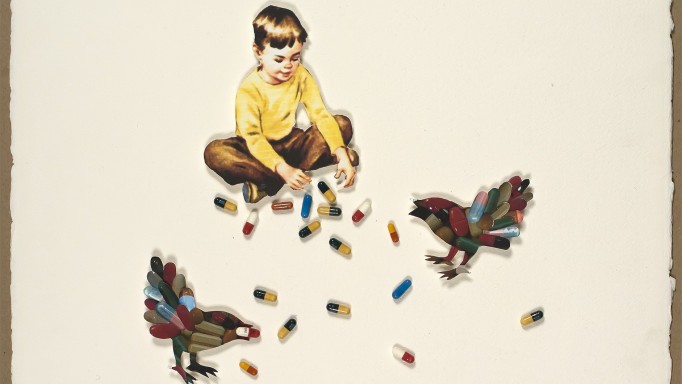8. Get Educated About HIV
If you want to effectively advocate for your medical needs as an HIV-positive person—whether it be quizzing your doctor about HIV treatment at your viral count check-in or talking to your pharmacist about potential drug interactions—you’re going to need to be armed with knowledge about the virus. In fact, simply getting educated about HIV is often the first step into HIV advocacy and community health work.
“I talk and educate clients about their medications to make sure they understand the importance of viral suppression,” explains Sabrina Heard, another community health worker with the Institute for Public Innovation. “I also teach condom use so that the transmission of the virus can be stopped or lowered [if] a person is [HIV]-positive.”
According to Sabrina, taking that first step and educating herself about HIV not only allowed her to make better decisions about her own care, but it also allowed her to do her work around HIV more effectively with others.
Plus, “I am not only helping the community,” says Heard. “I am helping the medical profession to give care to those who would otherwise not access the medical services that they need.” That’s because knowledge about HIV goes both ways, and unless you’re vocal to your providers about what you and other HIV-positive people may need, you may not be getting the care you deserve.
Newly diagnosed? Click here for a variety of “HIV Basics” lessons on treatment, what it means to be “undetectable,” living with HIV long-term and more.










